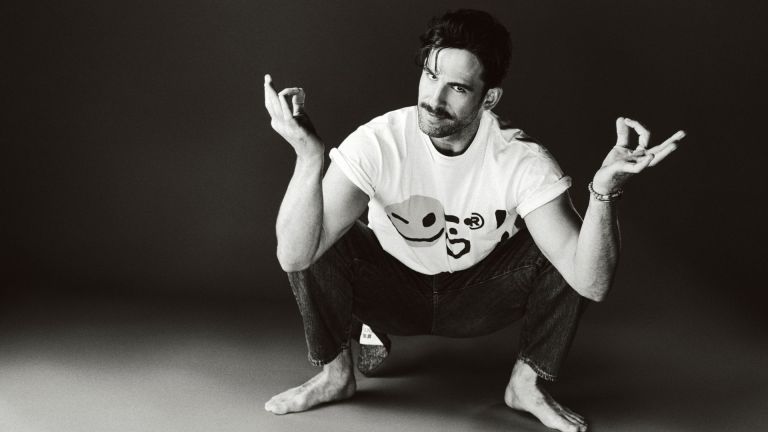A few years ago, I had an epiphany. My interests, education, curiosity and lived experience all converged to reveal the question that most excites, and troubles me: How are we manipulated, and why don’t we see it happening?
This question is not academic for me – it is personal, lived and urgent. My earliest lessons about misinformation came not from textbooks, but from the heart of my family and our experience at IMEDI, one of Georgia’s biggest independent television stations. My father founded IMEDI as a symbol of free media in a country trying to define itself after Soviet rule. I grew up believing in the power of truth and the responsibility of those who tell it. But I also saw, firsthand, how fragile truth can be when power is threatened.
Read more:
- From conspiracies to deepfakes: Why fake news and misinformation is inevitable in the digital age
- The truth was just as hard to find in the old days as it is now
- Media literacy is the only thing standing in the way of the next Andrew Tate
The most searing example of misinformation’s destructive power came in March 2010. I remember the panic that swept through Georgia after IMEDI – having been seized by the Georgian government – aired a fake news report: a pseudo-documentary so convincingly produced that it triggered mass hysteria. The broadcast claimed Russia had invaded, parliament had collapsed, and government officials had been killed. Thousands believed it was real – people fled their homes, soldiers mobilised and, tragically, many people suffered from the shock and fear it caused and a few died.
The intention, we were told, was to warn Georgians about real threats. But the result was a profound erosion of trust – not just in the media, but in each other. The hoax was condemned by journalists, the public and international observers. It was a stark lesson in how easily fear can be weaponised, and how quickly a society can be destabilised by a single, well-crafted lie.

Watching the gigantic Russian propaganda machine so effectively embrace the new technologies and find ways of using it to destabilise democracies around the world has been shocking, but it’s old news now. We need to act against it









